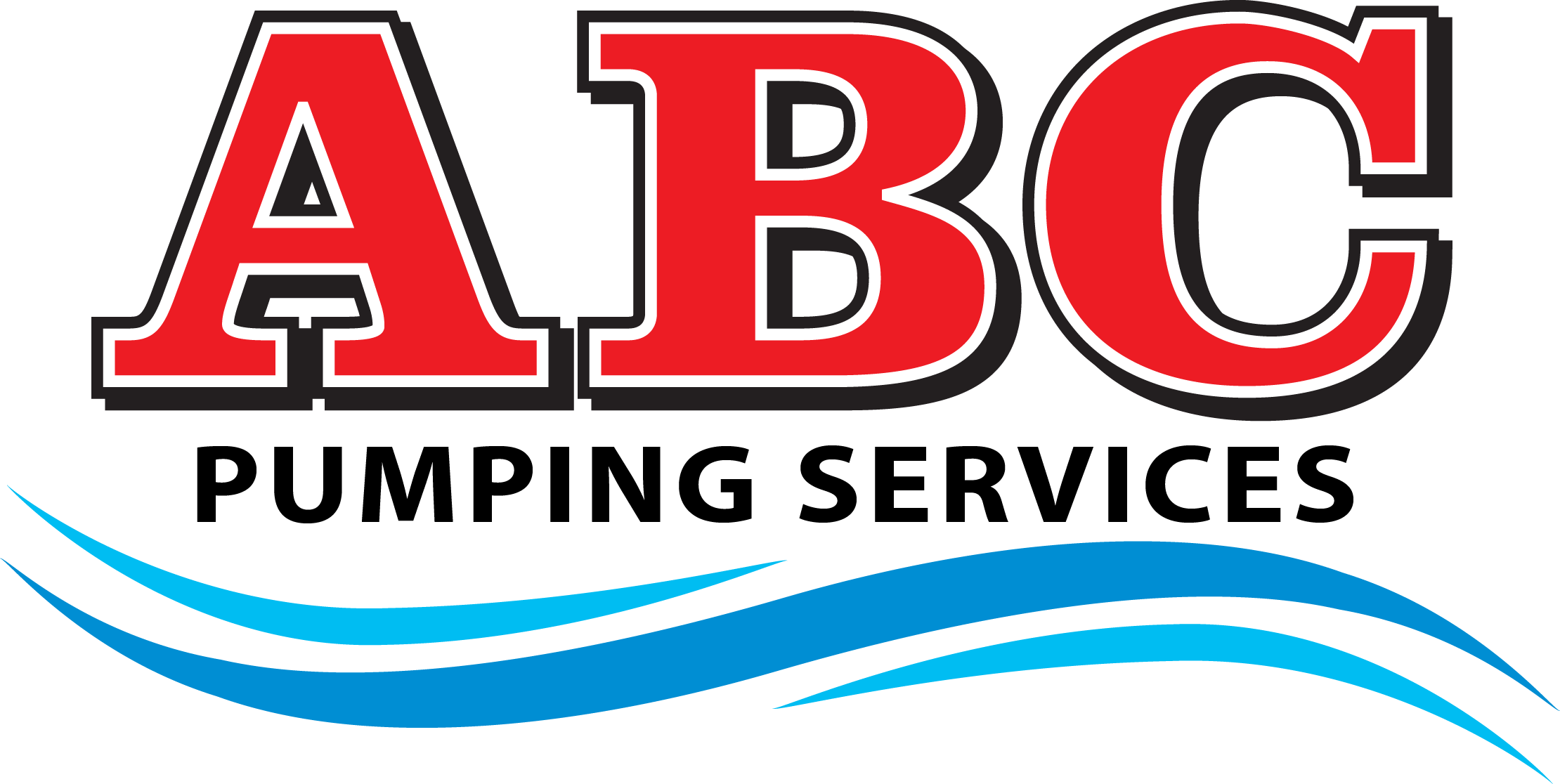Do’s & Don’ts for a Healthy Septic System
Dead bacteria = Non-working septic system = PROBLEMS = REPAIRS
- Use your garbage disposal sparingly. Ground up food is especially hard on the septic system because it has not first been digested by the body. Frequent use of your garbage disposal overloads the ability of the system to digest the solids and fills your septic tank with sludge. This is detrimental to your system, biologically and chemically. Dispose of food matter in a garbage can or compost pit.
- All roof drainage, cellar drainage, footing drainage and surface water must be excluded from the system. This drainage water can be discharged to the ground surface without treatment; make sure it drains away from your sewage treatment system. Roof downspouts should not drain toward the drain field.
- Connecting your laundry wastes to a separate waste system (dry well or seepage pit), while not normally necessary, will reduce the load on the regular system and permit the survival of a marginal system.
- Keep swimming pools (above or in-ground) away from the absorption field.
- Use proper load sizes when washing clothes. Try to avoid doing all the laundry in one day. This will help prevent flow surges from pushing solids out into the drain field.
- Never permit heavy equipment to pass over the absorption field.
- If surface water from higher ground is flowing onto your absorption field, install a ditch or berm to intercept this surface water.
- Have your septic tank pumped out every 3-5 years (depending on the number of people in the household) to prevent sludge build up which leads to drain field failure. EPA recommends that homeowners have their septic system inspected by a qualified professional at least every three years along with pumping a 1000 gallon septic tank once every 3.7 years in a household of 3 people and once every 1.5 years in a household of 6 people.
- Obtain a copy of the septic permit from your local health district (link to district health). Learn the location of your septic system (drain field and tank). Keep a sketch of it handy with your maintenance records for service visits.
- Conserve your replacement area. Each drain field, when permitted, has a location where it can be replaced. Building on or too close to this area can lead to complications if the original drain field should need to be replaced. Remember that the average life of a properly installed and maintained drain field is only about 20 years.
- Do monthly septic maintenance by adding the right type of bacteria/enzyme product to your septic system by way of your toilet or kitchen drain. Adding a product such as “BioClean” helps replace the bacteria you have been killing with normal household cleaning chemicals. Available for purchase from ABC Pumping Services at (208) 954-5339.
- Do not plant trees or shrubs over or near the septic system or over the drain field as the roots will grow into the system and interrupt proper function of the system.
- Do not let food matter or organic waste go down the drain when washing dishes.
- Do not flush meat, buttermilk, yeast, vegetables, beer etc. down your drain to “Feed” your septic system. This is misinformation and will overload your septic system.
- Do not let faucets or toilets drip or run. Continually running extra water can overload or “water log” your drain field.
- Do not flood the drain field with excess irrigation water
- Do not use caustic drain openers such as Drain-O, Red Devil, or Liquid Plumber to unclog your drain. This will kill the good bacteria in your septic system. Use a snake or a bacterial enzyme drain opener.
- Do not use products that says it sanitizes, sterilizes, disinfects, kills germs or is anti-bacterial. This includes antibiotics, sanitizing soaps, disinfectant and antimicrobial cleaning products such as Lysol and Clorox to name only a few. Many body and hand soaps have antimicrobial chemicals in them now.
- Do not pour toxic chemicals down the drain such as household chemicals, paints, gasoline, acids, or pesticides. Detergents, kitchen wastes, laundry wastes, and household chemicals in moderate amounts do not affect the proper operation of household sewage treatment systems if treating regularly with an enzyme/bacterial stimulator product such as BioClean. However, excessive quantities of any of these can be harmful.
- Do not pour fats, oils, or grease down your drain. These substances will solidify and their accumulation over time will clog the system.
- Do not use toilet tank tablets or liquids to clean your toilet. These strong chemicals kill good bacteria in your septic system.
- Do not flush any diapers, cat litter, cigarettes, plastic-rubber products, dental floss, baby/hand wipes, cotton products, paper towels, or feminine hygiene products down your toilet. These products never break down.
OUR PARTNERS
We believe it is important to support organizations and companies working to make a positive impact in our industry and community. We pride ourselves on using the best products, from proven vendors, and reputable practices to grow as a business focused on providing premium service. The Honest and Ethical Service that we provide wouldn’t be possible without the Industry Partners and Client Relationships we’ve been fostering across Southern Idaho, since 1948.
Thank you for being a part of our growth and trusting ABC Septic with your pumping challenges.



